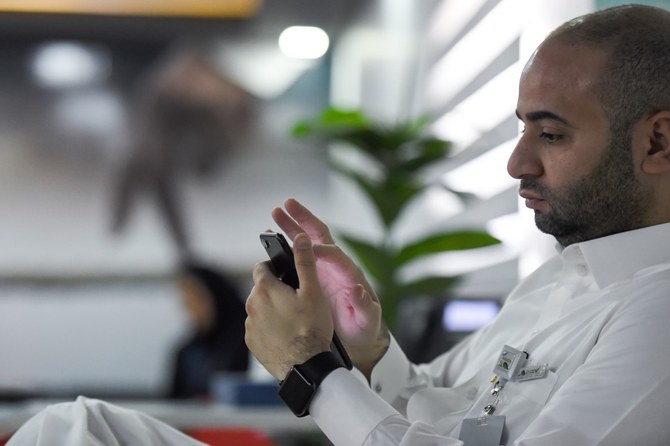JEDDAH: Online shopping in Saudi Arabia has jumped by 400 percent in the past two months, resulting in 30,000 complaints or reports of shipping delays, according to the Ministry of Commerce and Investment.
Abdulrahman Al-Hussein, the ministry’s spokesman, said the coronavirus pandemic is to blame for some of the holdups in delivery.
“These are exceptional times. Some of these parties are not exempt and are unable to carry out commercial activity during curfew hours,” he said.
Al-Hussein said that the ministry has organized teams to deal with the problem and ensure customers receive their packages.
Saudi Arabian Monetary Agency regulations stipulate that customers also have the choice to return their purchases and have their payment refunded within 14 days if they paid electronically.
The National Program to Combat Commercial Cover-up will ensure that online payments are available in every mini-mart by May 10. Other commercial services are expected to provide online payment facilities by August.
The ministry is continuing to monitor commercial facilities, with 89,000 inspection trips to supermarkets and the issuing of 9,000 fines, half for price manipulation.
Al-Hussein highlighted the Kingdom’s support for the private sector, saying that SR170 billion ($45 billion) has been dedicated to help local content and pay Saudi employees’ salaries.
Meanwhile, a Ministry of Interior source said that restaurants, except food trucks and catering, will be allowed to operate delivery and pickup services during Ramadan from 3 p.m. to 3 a.m. after meeting health requirements.
The General Directorate of Passports announced that countries benefiting from the “Awda” initiative (Return), where foreign nationals can apply through the Absher service to go home, are Egypt, Philippines, Indonesia, Pakistan, Bangladesh and Afghanistan.
A total of 1,158 new coronavirus were recorded in the Kingdom on Thursday, 15 percent of which were Saudi and 85 percent expats, bringing the total number of cases in Saudi Arabia to 13,930.
There are now 11,884 active cases, 93 of which are in critical care.
Health Ministry spokesman Dr. Mohammed Al-Abd Al-Aly said there have been 113 new recoveries, taking the total number to 1,925, while seven new deaths had been reported, raising the death toll to 121. The latest deaths were of a 69-year-old Saudi woman from Jeddah and six non-Saudis from Jeddah and Makkah aged between 23 and 67.




























